When planning a tiling project, one of the first questions that comes to mind is, "How many tiles are in a box?" Whether you're renovating a bathroom, updating a kitchen backsplash, or laying new flooring, understanding tile quantities is crucial for accurate planning, budgeting, and execution. In this blog post, we'll break down everything you need to know about how many tiles come in a box and how to ensure you have the right amount for your project.
Understanding Tile Packaging
Tiles are typically sold in boxes rather than individually, and the number of tiles in a box can vary widely depending on several factors, including tile size, material, and manufacturer. Here’s a closer look at these factors:
1. Tile Size:
- Small Tiles (e.g., 30x30 cm or 28x28 cm): Smaller tiles, such as mosaics or terracotta tiles, often come in larger quantities per box. For example, a box might contain 20 small tiles, depending on the exact dimensions.
- Medium Tiles (e.g., 60x60 cm): Standard-sized tiles, like those commonly used for floors and walls, typically have fewer pieces per box. A box of 60x60 cm tiles might contain 4 tiles.
- Large Tiles (e.g., 60x120 cm or larger): Larger tiles naturally take up more space, so boxes may contain as few as 2 tiles.
2. Tile Material:
- Ceramic and Porcelain Tiles: These are some of the most common materials, and their boxes usually contain a moderate number of tiles, depending on size.
- Natural Stone Tiles: Natural stone tiles, like marble or granite, are heavier and more fragile, so they may be packed in smaller quantities to prevent damage.
- Glass and Mosaic Tiles: These tiles are often sold in sheets, and a box might contain several sheets rather than individual tiles.
3. Manufacturer Specifications:
- Different manufacturers package tiles differently, even for tiles of the same size and material. It’s always important to check the specific product details, either online or with your retailer, to know exactly how many tiles or square meters of coverage each box provides.
Calculating the Number of Tiles You Need
Once you understand how many tiles come in a box, the next step is calculating how many boxes you need for your project. Here’s a simple method:
1. Measure Your Space: Start by measuring the length and width of the area you plan to tile. Multiply these numbers to get the total square meters of the space.
2. Check Tile Coverage: Look at the box to see how much area it covers. Tile boxes usually indicate the total square meters they can cover. This information is crucial for determining how many boxes you'll need.
3. Add a Buffer: It’s wise to order extra tiles—typically 10-15% more than your calculated amount. This accounts for cutting waste, breakage, and future repairs.
Why Tile Quantities Matter
Accurate tile quantity calculations can save you time, money, and headaches. Ordering too few tiles can cause delays if the tiles need to be reordered, especially if they’re on backorder or discontinued. On the other hand, ordering too many can lead to unnecessary costs and leftover tiles that may go unused.
Understanding how many tiles are packed in a box is a fundamental aspect of planning any tiling project. By considering factors like tile size, material, and manufacturer, and by calculating your needs carefully, you can ensure your project goes smoothly from start to finish. Whether you're tiling a small backsplash or a large bathroom floor, being informed about tile quantities will help you make the right choices and achieve the best results.
So, the next time you find yourself asking, "How many tiles are in a box?" you'll have the knowledge you need to answer with confidence.


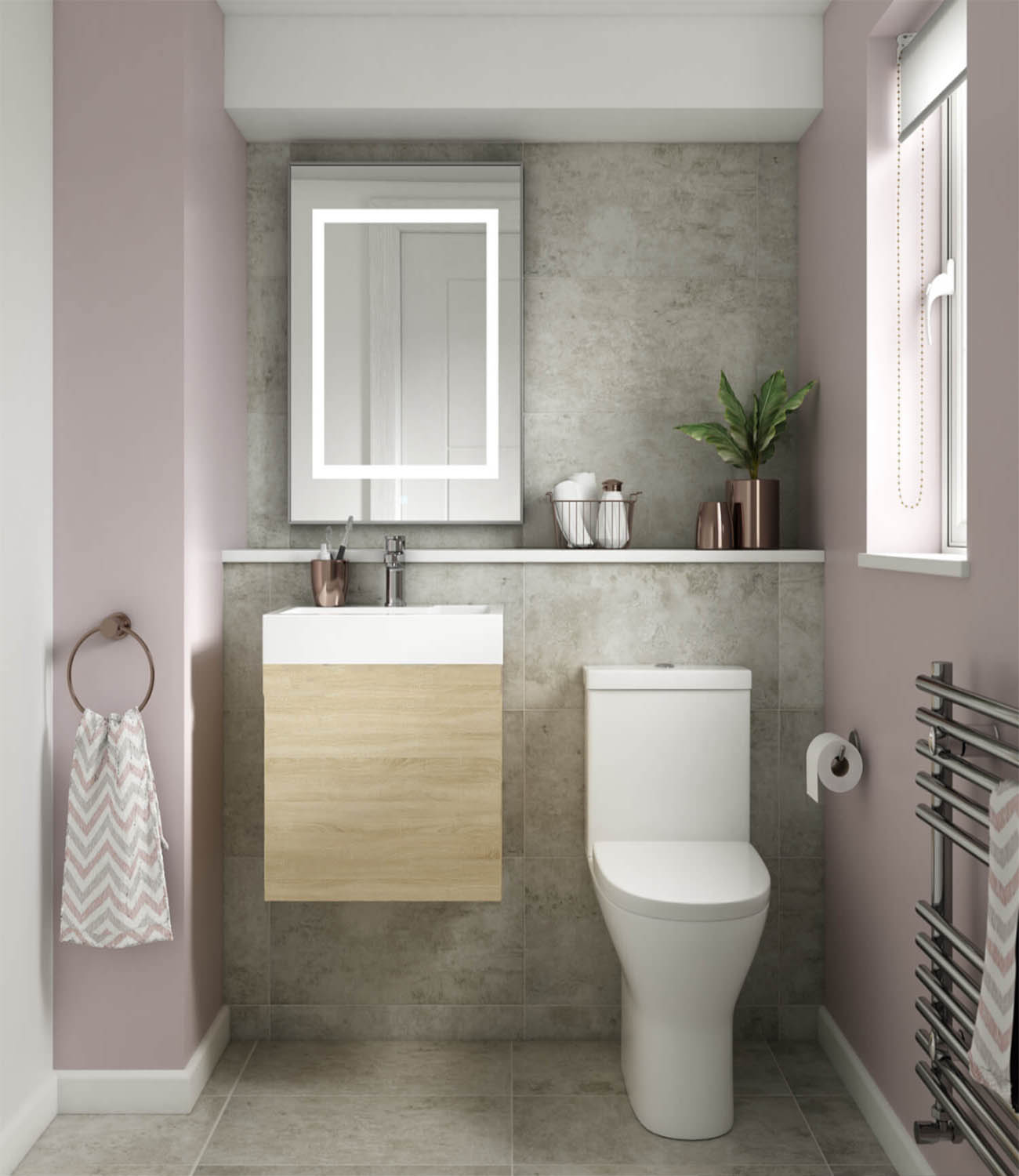
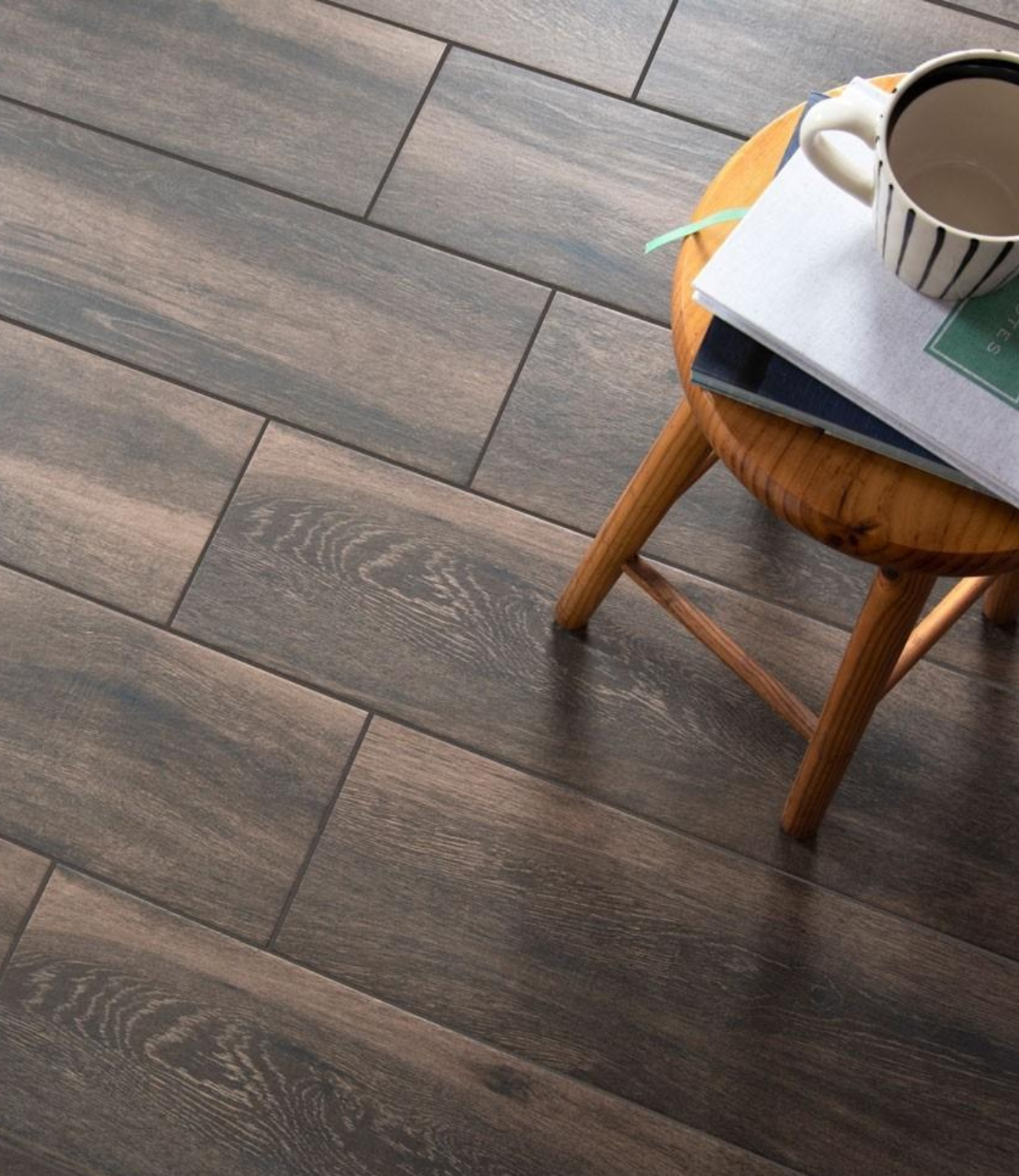
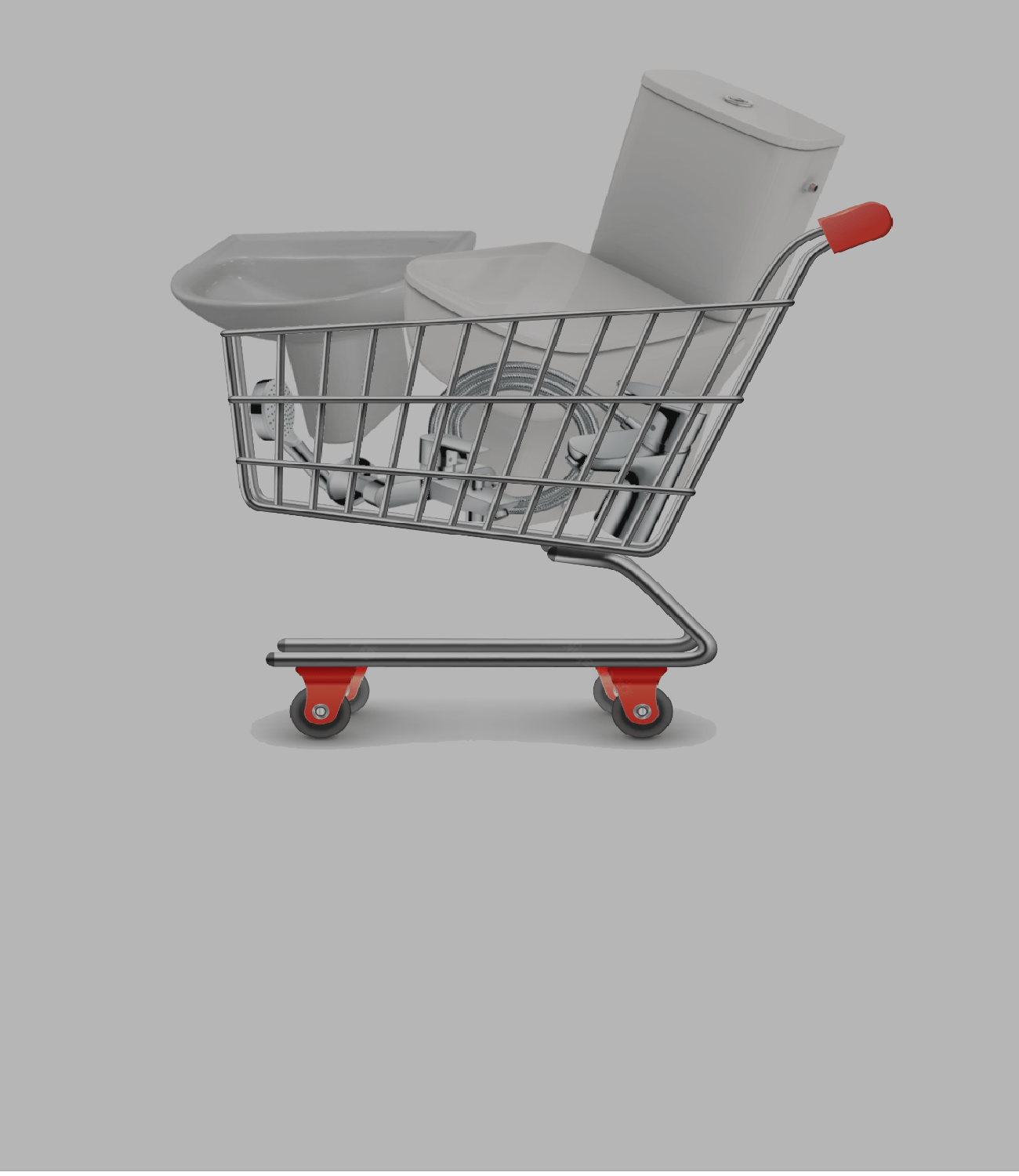
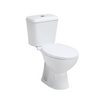






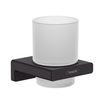
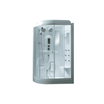
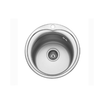

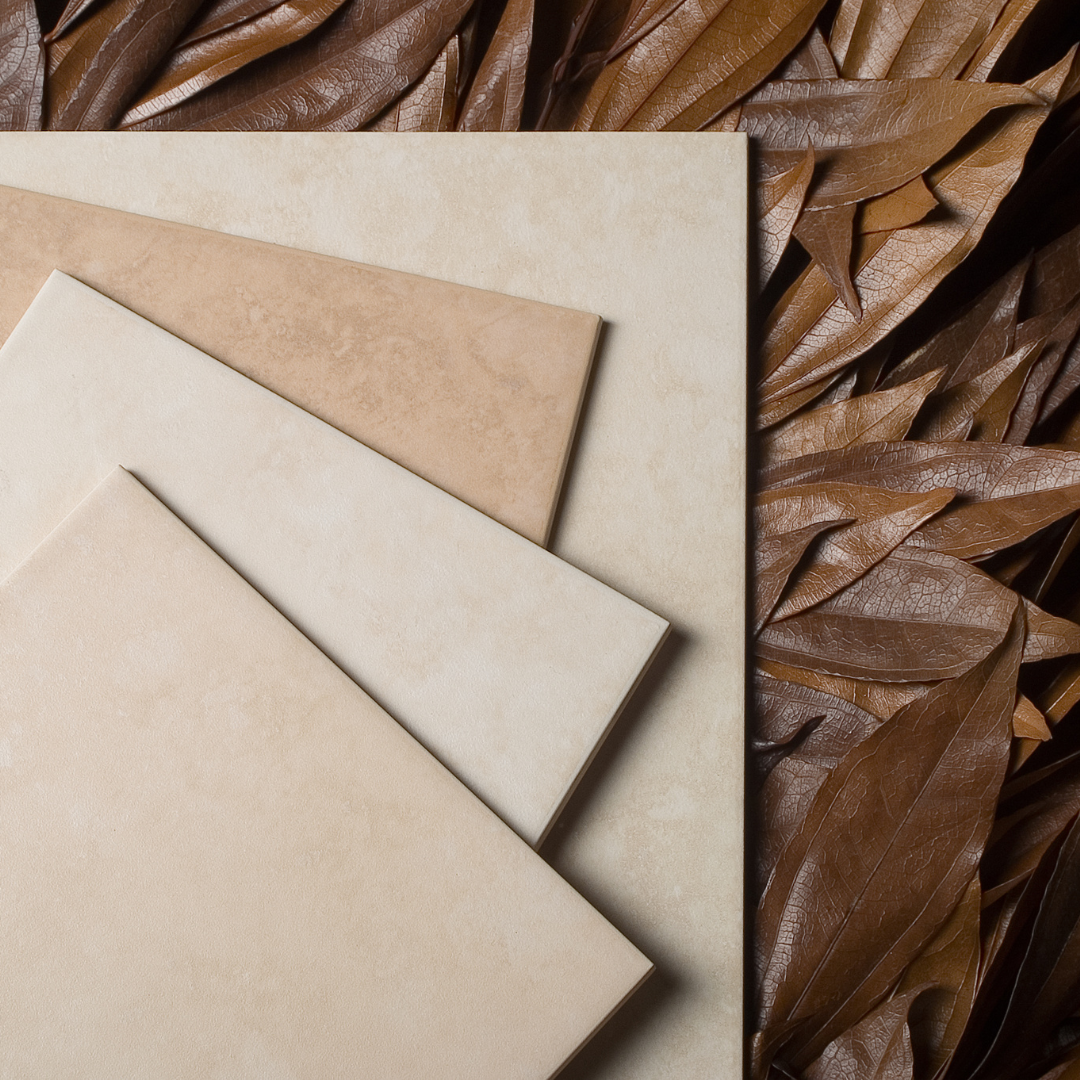


Leave a comment
This site is protected by hCaptcha and the hCaptcha Privacy Policy and Terms of Service apply.